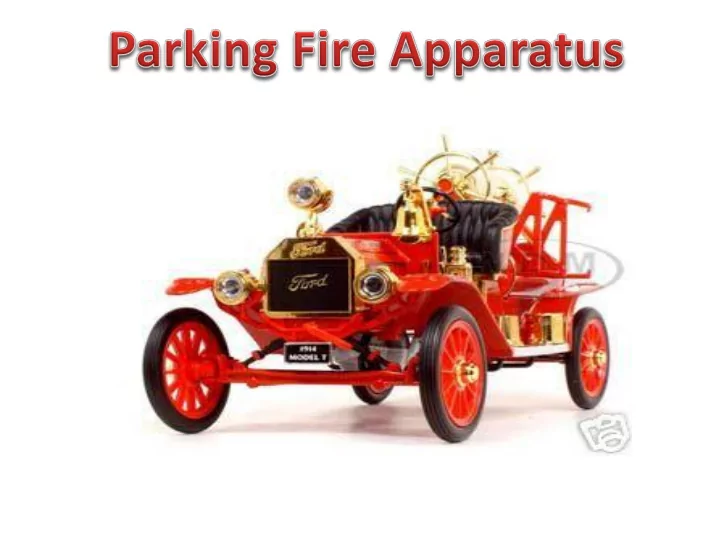

MUTCD requires LE, F/R, EMS & T&R establish a MUTCD-compliant “Traffic Incident Management Area”
Linear/Block Tactical Positioning Linear Positioning : This means that incident responder vehicles are positioned in a straight line at the incident scene. Block Positioning : This means that incident responder vehicles are positioned at angles that create a protected work area for responders and vehicle occupants.
If you decide to “work it,” then it’s either ‘Linear’ or ‘Block’ Traffic Incident Management
A ‘Linear’ tow truck service call
A ‘Linear’ EMS call in a residential neighborhood
A very dangerous ‘Linear’ EMS incident 3-9
3-9
Incident Considerations • Since it is not possible to remove the vehicle occupant via the driver’s door, this will have to be accomplished through the passenger side, meaning that EMS responders will be directly exposed to moving traffic since no lanes have been closed. • Think about how they would have had to remove the long board and bring it to the patient.
Lane +1 Blocking To increase safety, use the “Lane + 1” Blocking Protocol initially to create an adequate “buffer” for responders
By the very nature of our work, F/R & EMS need… “Lane + 1” Blocking
Progressively Re-open Lanes Take only as many lanes as you need , for only as long as you need them . As the incident is cleared, lanes can progressively be re-opened .
Fire Apparatus Safe Positioning Vehicle firefighting also requires “Lane + 1” Blocking
Safe Positioning begins with a ‘Block’
“Blocking ” is the action of positioning a vehicle at an angle to halt the flow of moving traffic in one or more lanes.
Large, heavy fire apparatus provide the best ‘Blocks’
Blocking creates a protected Work Area
Lane + 1 Blocking Remember, the shoulder counts as a lane.
Critical Wheel Angle Critical Wheel Angle
If this is how you position apparatus and allow your personnel to operate while working in or near moving traffic….. You will be next on the LODD list!
Recommend
More recommend